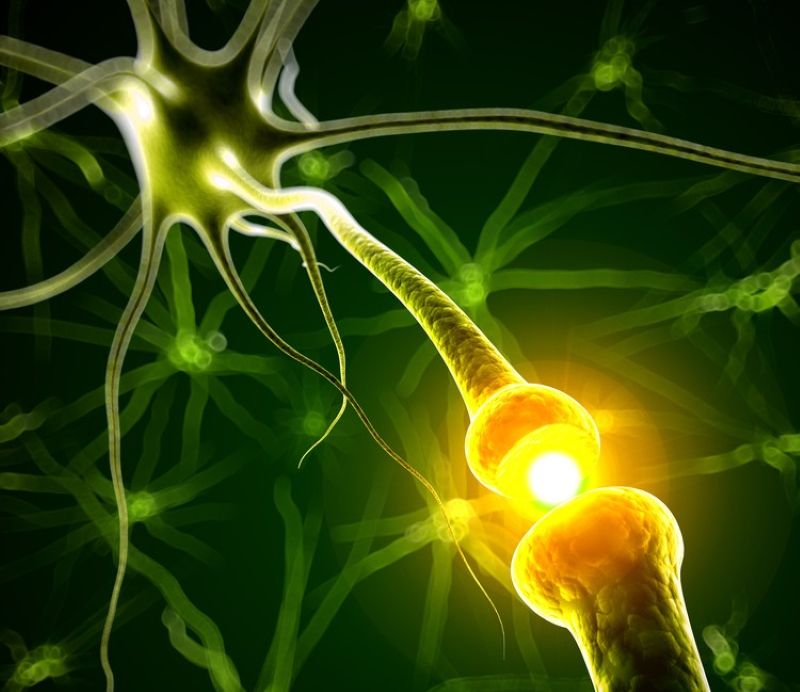The connection between the brain and gut plays a crucial role in digestive health and the vagus nerve is at the heart of this relationship. The vagus nerve is often overlooked, but this vital nerve can be thought of as the highway from to and from the brain to all the vital organs in the body. It’s involved in regulating digestion, inflammation and even stress responses. Vagus nerve dysfunction could be contributing to irritable bowel syndrome (IBS) symptoms. So, by understanding how the vagus nerve and IBS are connected is an important factor in managing IBS symptoms more effectively.
What is the Vagus Nerve?
The vagus nerve is the longest cranial nerve in the body, running from the brainstem down to all the vital organs of the body. It forms a key part of the parasympathetic nervous system, which counteracts the body’s stress response. When functioning properly, the vagus nerve helps regulate bodily functions. This includes digestion by promoting motility, reducing gut inflammation and maintaining a balanced microbiome.
The Link Between the Vagus Nerve and IBS
The latest research shows that vagus nerve dysfunction may contribute to IBS symptoms such as bloating, constipation, diarrhoea and abdominal pain. A poorly functioning vagus nerve leads to disrupted gut motility, increased gut sensitivity and heightened inflammation. These are all common features of IBS.
Additionally, the vagus nerve plays a key role in regulating stress, which is a well-known trigger for IBS flare-ups. When the vagus nerve is underactive, the body’s ability to manage stress diminishes, leading to increased gut-brain dysfunction.
How to Stimulate the Vagus Nerve Naturally
The good news is that vagus nerve function is improved with some natural techniques, which will help alleviate IBS symptoms. Include these simple, effective ways in your daily routine to stimulate the vagus nerve:
- Deep Breathing Exercises: Practicing slow, diaphragmatic breathing activates the vagus nerve and promotes relaxation. Inhale deeply through your nose for 4 counts, hold for 4 counts and then exhale slowly through your mouth for 6 counts
- Cold Exposure: Cold showers or splashing your face with cold water triggers the vagus nerve. This helps reduce inflammation and promotes parasympathetic activity
- Meditation and Mindfulness: Regular meditation and mindfulness exercises lower stress levels and enhance vagus nerve function, supporting overall gut health
- Gargling and Humming: These simple activities engage the muscles in the throat that are connected to the vagus nerve, which help to activate it
- Probiotics and a Gut-Friendly Diet: Certain probiotic strains, such as Lactobacillus and Bifidobacterium, support vagus nerve function by improving gut microbiota balance. See my blog about probiotics
The Low FODMAP Diet
In addition to gently stimulating the vagus nerve, the low FODMAP diet improves symptoms in over 75% of IBS sufferers. This is a short-term diet to identify the trigger foods that cause the familiar symptoms of bloating, gas, pain and altered bowel habits. It involves eliminating FODMAPs (fermentable carbohydrates) followed by a structured, reintroduction process. Identifying specific triggers, enables IBS sufferers to tailor their diet for comfort and optimal gut health. The diet can be difficult to follow alone, so the best results are seen when sufferers are advised and supported by an IBS Dietitian.
Final Thoughts
Vagus nerve dysfunction and IBS are intrinsically connected. By stimulating the vagus nerve and following a well-structured low FODMAP diet, individuals with IBS experience relief.
Are you struggling with IBS symptoms and unsure where to start? At FODMAP Consultancy, I provide expert guidance on managing IBS through evidence-based dietary strategies. My personalised approach ensures you receive the support you need to navigate the low FODMAP diet effectively. Book a consultation today and take the first step towards better gut health! See what past clients have to say about FODMAP Consultancy.
Disclaimer: This blog is for informational purposes only and does not constitute medical advice. Please consult with a healthcare professional before making any changes to your diet or lifestyle.




